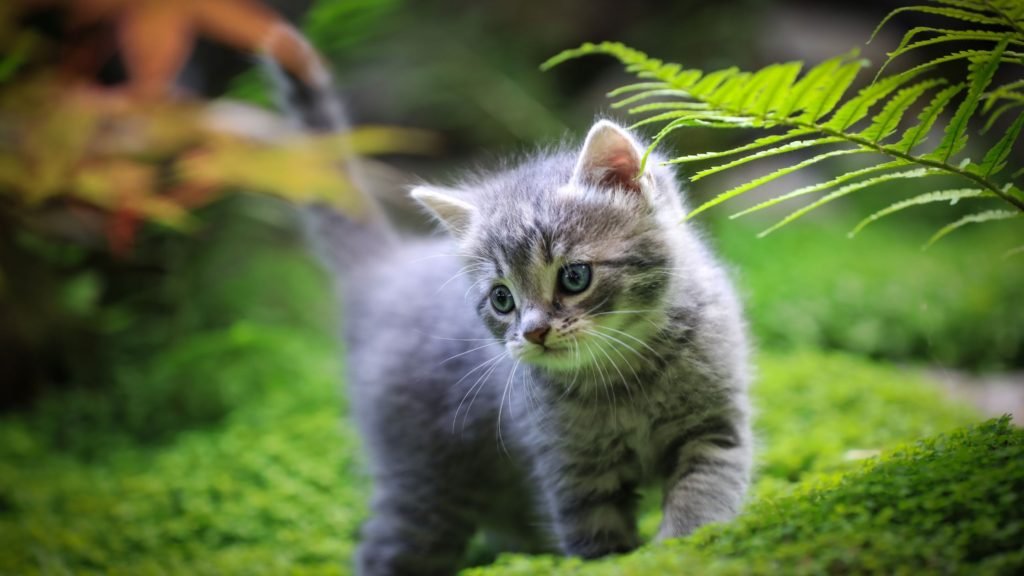Do cats know when you are sad? Dive into the captivating realm of feline empathy. Learn if your kitty understands when you’re feeling down. Many cat owners have experienced moments when their feline friends seem to understand their emotions. In this article, we explore the intricacies of the human-cat bond, the importance of comprehending feline emotions, and whether cats can genuinely sense when we are sad.
Cat's Ability to Perceive Human Emotions
Cats possess a fantastic ability to perceive their human companions’ emotions. These wise animals rely on their heightened senses to detect a variety of cues from humans, which is crucial for both their survival and building successful social interactions.
Emotional Cues Cats Pick Up On
Cats detect subtle changes in our behavior and emotions through several signals.
Body Language
Cats are keen observers of human body language. They can recognize changes in our facial expressions, posture, and movements that may indicate our emotional state. They may notice our slouched posture, averted gaze, or restless pacing when we feel sad or anxious.
Vocal Tones and Pitch
Cats can naturally differentiate between various vocal cues, such as pitch and volume. They can use these cues to interpret our emotional state. For example, our voice’s distressed or upset tone might signal to them that we require comfort or companionship.
Research on Feline Empathy
Although anecdotal evidence suggests that cats can sense human emotions, scientific research remains limited.
Studies on Cats and Human Emotions
Some studies have examined whether cats can recognize and respond to various human emotions, including happiness, sadness, and anger. In these studies, cats are exposed to images or audio recordings of humans expressing different feelings. Researchers then observe and analyze the cats’ reactions to these stimuli.
Limitations of Current Research
Current research on feline empathy faces several challenges. These include small sample sizes, varied testing methods, and difficulty accurately measuring and interpreting animal emotions. More rigorous, long-term investigations are needed to determine cats’ ability to perceive human emotions.
Examples of Cats Comforting Their Owners
Numerous cat owners share heartwarming stories of their feline friends providing comfort and support during difficult times.
Personal Anecdotes
Real-Life Stories of Cats Comforting Sad Owners
Many owners recount experiences of their cats cuddling, nuzzling, or purring next to them when they were feeling down, suggesting that cats can recognize and respond to their owners’ emotional states.
Cat’s Ability to Provide Emotional Support
Cats often act as therapeutic companions due to their calming presence, ability to reduce stress, and potential to alleviate symptoms of anxiety and depression.
The Science Behind Cats’ Comfort
Purring and Its Effect on Humans
A cat’s purr has been shown to lower stress levels, reduce blood pressure, and promote healing in humans, making it a powerful source of comfort and emotional support.
Physical Touch and Bonding
Cats engage in mutual grooming, snuggling, and head-butting, which help reinforce social bonds with their human family members and provide comfort during difficult times.
You May Also Interest: Unveiling the Rainbow: Exploring What Colors do Cats See
How to Strengthen Your Bond with Your Cat
By understanding and responding to your cat’s emotions, you can foster a deeper connection and create a more fulfilling relationship.
Reading Your Cat’s Body Language
Signs of Affection and Understanding
Recognize signs of feline affection, such as slow blinking, head-butting, or kneading. Responding positively to these signals will strengthen your bond.
Building Trust with Your Cat
Quality Time and Play
Spend time playing, grooming, and cuddling with your cat to establish trust and deepen your bond. Engaging in activities that your cat enjoys will also improve their overall well-being.
Consistent Routines and Positive Reinforcement
Maintain consistent routines and use positive reinforcement to create a stable environment for your cat. This consistency will foster trust and understanding between you and your feline companion.
You May Also Interest: Is Wet Food Bad For Cats Teeth?: Discover The Truth
While scientific research on feline empathy is still limited, anecdotal evidence and some studies suggest that cats can sense when we are sad. Understanding their emotional cues and nurturing the connection through quality time, consistency, and trust can strengthen our bond with our feline friends.
As we continue exploring the complexities of feline emotions, we can better appreciate our cats’ unique and comforting companionship. By fostering a deeper understanding of their emotions, we strengthen our bond with them and enhance the quality of life for humans and cats alike.

